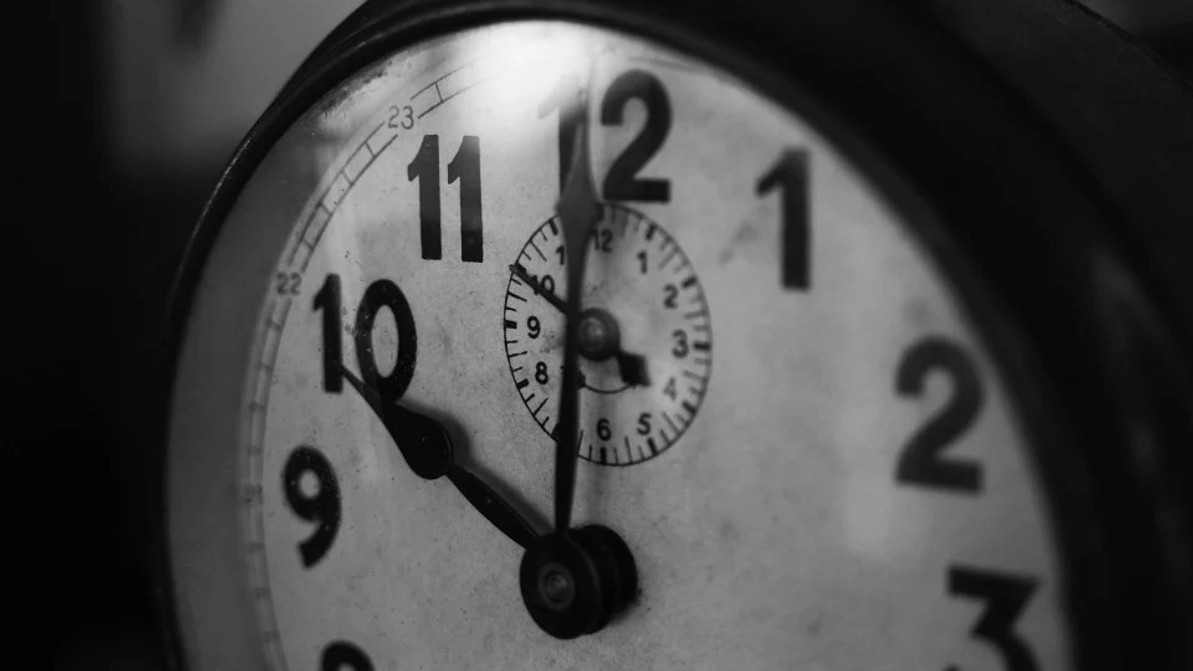How Lack of Sleep Can Affect Your Productivity at Work
How many hours of sleep do you get in a typical night? According to the U.S. Centers for Disease Control and Prevention (CDC), most adults need at least seven hours of sleep per 24-hour period. If you fall short of this amount, it can take a toll on your body in multiple ways. In addition to feeling fatigued, lack of sleep can have a direct impact on your work productivity. To learn more about the correlation between lack of sleep and productivity, keep reading.
Longer Reaction Times
Lack of sleep can cause longer reaction times. In other words, it will take you longer to respond to events or changes in your workplace. Depending on your specific type of job, longer reaction times could place you at risk for injury. Many workers are required to operate vehicles or heavy machinery. If your job falls under this category, you'll need to ensure that you get plenty of sleep so that it doesn't affect your reaction times. Otherwise, you run the risk of accidentally injuring yourself or others.
Loss of Motivation
In addition to longer reaction times, lack of sleep may leave you feeling unmotivated. Motivation, of course, is what drives productivity in the workplace. You can't expect to be productive unless you are motivated. The problem with lack of sleep is that it can affect your motivation levels. You'll feel less motivated if you don't get enough sleep at night. And without motivation, your productivity and performance at work will suffer.
Physical Weakness
You'll probably feel physically weak if you don't get enough sleep at night. Our bodies need sleep to recover from the prior day's activities. While sleeping, your body will repair damaged tissue, allowing it to "reset" for the upcoming day. This can only happen, though, if you get seven or more hours of sleep. Failure to get enough sleep at night will leave you feeling physically weak the following day, thus affecting your productivity at work.
Increased Risk of Human Error
Lack of sleep can lead to an increased risk of human error. Human error, of course, is any mistake that you make at work. Research has shown that lack of sleep increases the risk of human error.
Don't let lack of sleep harm your productivity at work. Make sure you get at least eight hours of high-quality sleep per night to stay productive. Making just a few small changes to your lifestyle can have a big impact on your sleeping habits. Following a schedule, for instance, will typically result in higher-quality sleep. You should also avoid using all devices, including TVs and smartphones, when you lie down to sleep.
Recent Posts
-
Fire Safety in the Workplace: What You Need to Know
What steps are you taking to prevent fires in your workplace? According to the U.S. Occupational Saf …Aug 23rd 2023 -
Is It Safe to Go Jogging With a Cold Infection?
If you're suffering from a cold infection, you might be wondering whether it's safe to go jogging. T …Aug 22nd 2023 -
5 Safety Tips to Follow When Using a Powder-Actuated Tool
Powder-actuated tools are commonly used to join materials to steel and concrete. Also known as Hilti …Aug 20th 2023




